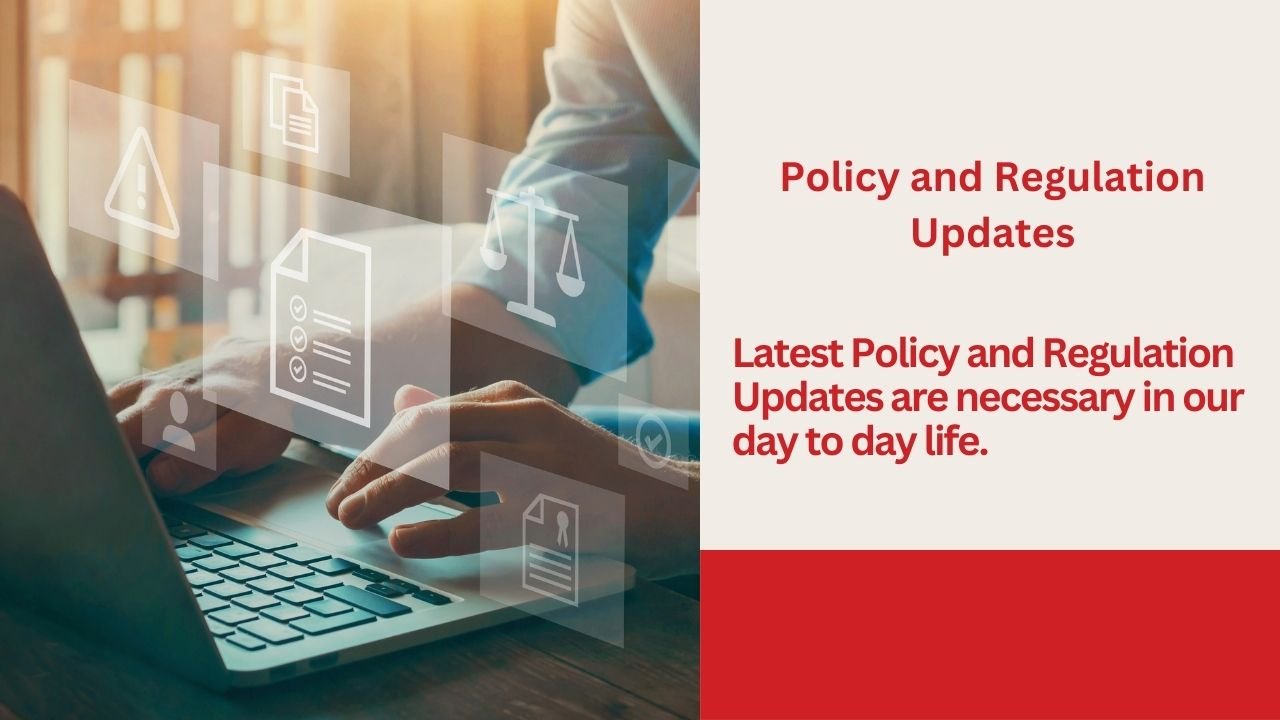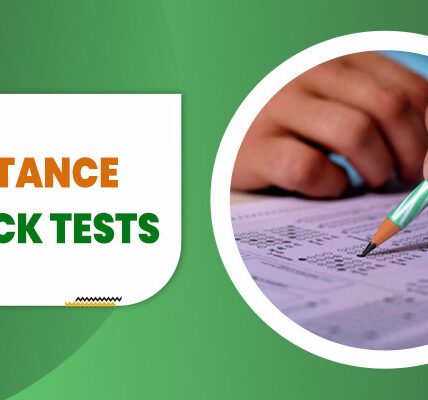
Personalized learning tailors instruction to meet each student’s individual needs, skills, and interests. Unlike traditional approaches that use a one-size-fits-all model, personalized learning recognizes diverse learning styles and paces. This methodology aims to boost student engagement and improve academic performance, creating a more relevant educational experience .Personalized Learning in Education
The importance of personalized learning is crucial in today’s diverse classrooms. As student backgrounds, cultures, and abilities vary, educators must adapt their teaching strategies. Personalized learning offers flexibility in what and how students learn. Through technology, differentiated instruction, and adaptive assessments, educators can create tailored experiences that resonate with each student’s unique preferences.
Moreover, personalized learning shifts the focus from traditional methods, like lectures and standardized tests, to more dynamic, student-centered approaches. This transition fosters an environment where students take ownership of their learning. With a greater emphasis on collaboration, critical thinking, and self-directed learning, personalized education prepares students for real-world challenges and instills a lifelong love for learning.
In an era marked by rapid technological advancements and evolving job markets, the need for personalized learning is urgent. Such methodologies maximize student outcomes and equip learners with skills essential for future success. As education evolves, personalized learning emerges as a progressive solution to meet the diverse needs of today’s learners.
Key Components of Personalized Learning
Personalized learning transforms education by tailoring experiences to individual student needs. A central aspect of this model is student-centered learning, which prioritizes learners’ interests, strengths, and preferences. Educators become facilitators, enabling students to take ownership of their educational journeys. This shift from teacher-led instruction to student-driven exploration fosters deeper engagement.
Differentiated instruction is crucial in personalized learning. Educators recognize that students have diverse learning styles. They employ various strategies to engage students through customized lesson plans and activities that resonate with their unique abilities. By adapting content, processes, and assessments, teachers provide the necessary support for each student to succeed.
Tailored assessments evaluate student progress in a way that reflects their individual learning paths. These assessments measure academic achievement and provide data to refine instructional methods and objectives. Focusing on formative assessments allows teachers to gather ongoing feedback and adjust their approaches to align with student growth.
Adaptive technologies enhance the personalized learning framework. Learning management systems and educational software enable real-time adjustments to learning materials. These technologies empower educators to make informed decisions regarding instructional strategies and resource allocation.
Lastly, fostering student agency and choice is vital. When students can decide about their learning processes, they become more motivated and invested in their education. This empowerment leads to improved outcomes, making personalized learning an effective approach.
Research Findings on Student Outcomes
Numerous studies highlight the positive effects of personalized learning on student outcomes. Research indicates that tailoring educational strategies to individual students leads to notable increases in academic performance and engagement. A study by the Institute of Education Sciences (IES) found that students in personalized learning programs showed gains in math and reading scores compared to peers in traditional settings. Specifically, results indicated an average improvement of 15 percentile points, reflecting substantial academic achievement.
Qualitative data underscores the benefits of personalized learning. Surveys and interviews from students, teachers, and parents reveal increased motivation and ownership among students. According to a report by the Bill and Melinda Gates Foundation, 73% of students engaged in personalized learning felt more interested in their studies, and 80% felt confident mastering challenging material. This enthusiasm translates into resilience, fostering a growth mindset essential for lifelong learning.
Social-emotional development also plays a significant role in personalized learning’s effectiveness. Research from the RAND Corporation shows that personalized environments positively impact self-regulation and collaboration skills. Students not only excel academically but also learn to work well with peers and manage their learning processes. This holistic improvement indicates that personalized learning transcends traditional success metrics.
Overall, compelling evidence from research illustrates that personalized learning enriches student outcomes across academic, motivational, and social-emotional dimensions. This multifaceted enhancement underscores the importance of adopting personalized educational strategies in modern classrooms.
Case Studies: Success Stories
Several schools effectively utilize personalized learning strategies, yielding remarkable improvements. One notable example is Summit Public Schools in California, which emphasizes student agency by allowing learners to pursue subjects at their own pace. Students use a digital platform to track progress, set learning goals, and receive feedback from teachers. Results have been encouraging, with significant gains in academic performance and engagement, especially among historically underserved populations.
The New York City Department of Education’s “Blended Learning” initiative has transformed traditional classrooms into engaging environments enhanced by technology. Schools in this program report substantial improvements in attendance and graduation rates. One high school noted a 20% increase in graduation rates over five years, attributing this success to tailored learning plans.
A rural school district in Tennessee embraced personalized learning through the “Learning Accelerator” program. By integrating adaptive learning software, teachers could monitor student progress and identify areas needing support. This approach resulted in a 30% increase in math proficiency scores among fifth-grade students in just one year. This case exemplifies how personalized learning can elevate outcomes regardless of geographical or socioeconomic barriers.
These success stories illustrate the transformative impact of personalized learning. Each case emphasizes tailored instruction that enhances student engagement and accountability. The integration of technology and focus on individual student needs are crucial for achieving positive outcomes in education.
Challenges and Considerations
Implementing personalized learning presents challenges for educators and institutions. One major issue is resource limitations, including funding, time, and teaching materials. Many schools lack the financial support needed for technology or programs that facilitate personalized learning environments. Without adequate resources, the effectiveness of tailored strategies may diminish, impacting student outcomes.
Resistance to change is another significant hurdle. Educators and administrators may feel apprehensive about shifting from traditional methods. Concerns may arise regarding classroom management or skepticism about personalized learning’s benefits. Effective communication about the value of personalized learning and support for willing teachers is essential to overcome this challenge.
Successful implementation requires comprehensive teacher training. Educators must have the skills to differentiate instruction according to individual student needs. Institutions should prioritize professional development programs that focus on best practices in personalized education, allowing teachers to gain confidence in these innovative approaches.
Technological disparities also present challenges, as access to digital tools varies across schools and student populations. Institutions must ensure equitable access to technology, providing all students with devices and internet connectivity. Partnerships with community organizations or tech companies can help bridge these gaps, ensuring that personalized learning benefits all students.
The Role of Technology in Personalized Learning
Technology plays a crucial role in facilitating personalized learning, enhancing teaching and learning processes. Online platforms provide a rich array of resources, enabling students to access information anytime and anywhere. These platforms often utilize interactive content, such as videos, quizzes, and simulations, creating an engaging learning environment that motivates students to take control of their education.
Learning management systems (LMS) are essential tools in personalized education. These systems streamline instructional material delivery and track student progress effectively. Instructors can create individualized learning paths, assigning tasks suited to each student’s needs and capabilities. This customization supports differentiated instruction, addressing diverse interests and abilities within a classroom.
Data analytics is critical in personalizing education. Educators can analyze student performance in real-time using sophisticated algorithms. This evaluation helps identify strengths and weaknesses in a student’s understanding, allowing for timely interventions. Leveraging data enables teachers to adjust strategies, provide targeted feedback, and enhance each student’s learning experience.
The importance of digital tools cannot be overstated in effective personalized learning. Technology equips educators with insights that foster a deeper understanding of student needs. Integrating online platforms, learning management systems, and data analytics enriches the educational journey, fostering an environment where every student can excel. This commitment to individualized pathways marks a significant advancement in education, promoting improved outcomes across diverse learning contexts.
Engaging Stakeholders: Teachers, Students, and Parents
Engaging all stakeholders—teachers, students, and parents—is critical for ensuring positive educational outcomes in personalized learning. Teachers lead this transformation, adapting strategies to meet diverse student needs. By utilizing data-driven insights, educators can tailor lessons to align with student interests and strengths. This shift enhances learning experiences and fosters a collaborative classroom atmosphere where students feel valued.
Students play a pivotal role in personalized learning. By taking ownership of their education, they are encouraged to set personal goals and engage in self-directed learning. Empowering students cultivates responsibility and accountability in their educational journeys. Learning becomes an active process where students apply critical thinking skills to real-world situations. This engagement fosters intrinsic motivation, leading to greater academic success.
Parents also play an important role in supporting personalized learning. Open communication with teachers and involvement in school activities allows parents to reinforce learning at home. Educating parents about personalized learning strategies enables relevant support and encouragement. This partnership enhances the overall educational experience, providing consistent reinforcement from both school and home. Engaging these three vital stakeholders ensures personalized learning becomes an effective approach that promotes academic achievement.
Future Trends in Personalized Learning
As education evolves, personalized learning is influenced by emerging trends and innovations utilizing technology to tailor experiences. One significant advancement is integrating artificial intelligence (AI) and machine learning (ML) in educational strategies. These technologies analyze vast amounts of student data, enabling educators to identify learning patterns and customize instruction. Implementing AI allows lessons to adapt in real-time, providing students with resources and support precisely when needed.
Adaptive learning platforms are gaining momentum in personalized education. These platforms assess a student’s skill level and learning style, modifying content delivery to optimize engagement. Students who struggle with traditional methods receive personalized feedback and resources tailored to their needs. As adaptive learning technologies improve, they are expected to play a central role in shaping personalized experiences.
The concept of competency-based learning is also gaining traction. This approach allows students to progress at their own pace, focusing on mastering skills before advancing. Utilizing a personalized, competency-based model fosters deeper understanding and greater retention, catering to diverse learners. As institutions recognize the value of student-centered models, they will increasingly adopt guidelines supporting personalized


